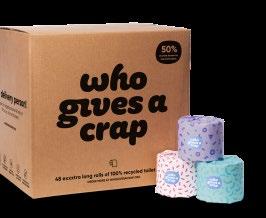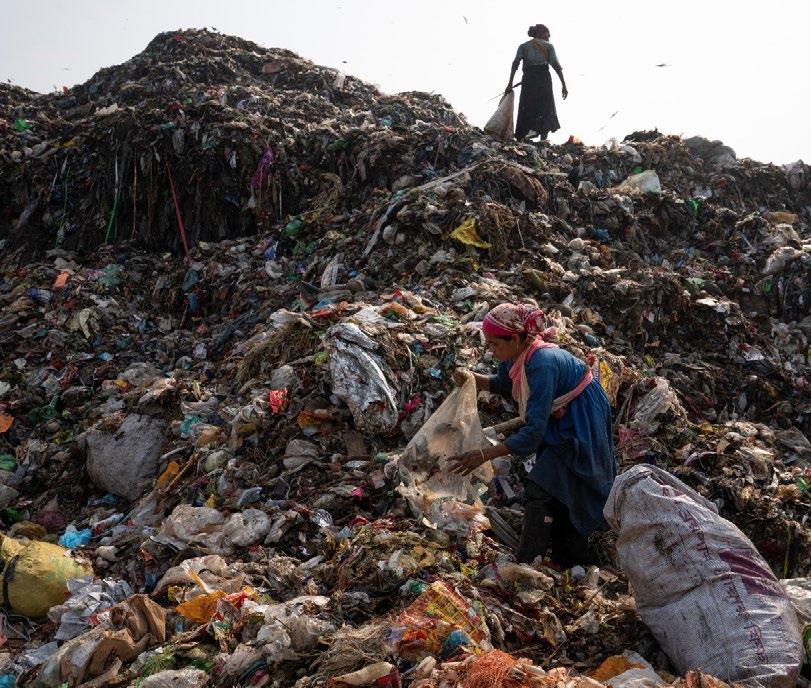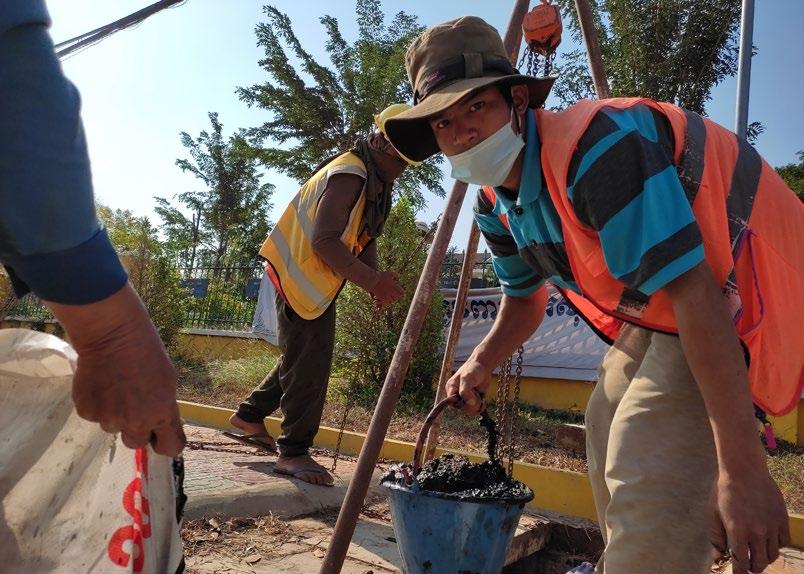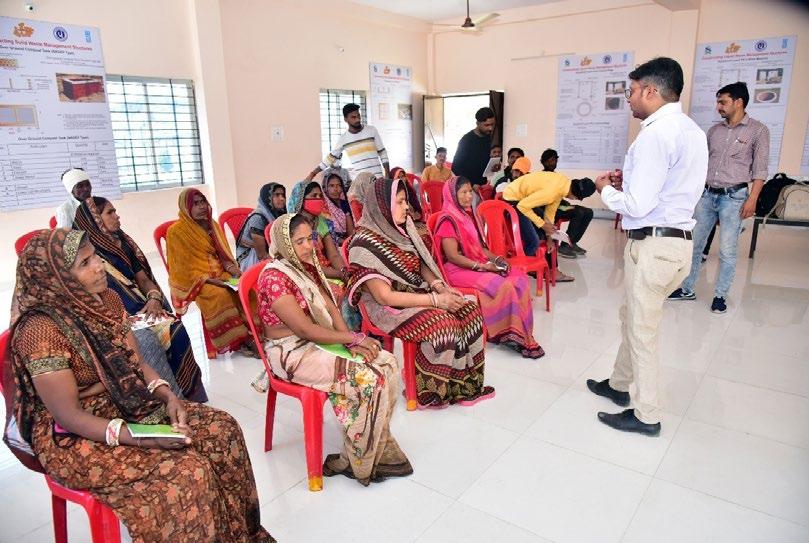
3 minute read
Who Gives A Crap Impact Accelerator

WaterAid has enjoyed a proud partnership with Who Gives A Crap since they were founded in 2012 and together we are having an impressive impact all around the world. This innovative toilet paper (and other products) B corporation are committed to donating 50% of their profits to helping build toilets and improving sanitation in the developing world, so for WaterAid this partnership is the perfect match!
Advertisement
Who Gives A Crap has experienced impressive growth in the last two years and the impact of the resulting funding has been felt across WaterAid globally with programs supported in Cambodia, Colombia, Nicaragua, India, Papua New Guinea and Timor-Leste.
Who Gives A Crap and WaterAid Impact Accelerator!
This year we were excited to launch the first round of the Who Gives A Crap and WaterAid Impact Accelerator, a program dedicated to trialling new approaches to solving some of sanitation’s biggest issues.
The Impact Accelerator focuses on innovative and scalable approaches to current problems and neglected areas of sanitation. It also looks to identify ideas to attract additional ongoing investment from other government, non-government and private sector funders, to secure large scale impact. Central to the Impact Accelerator is a commitment to sharing which initiatives are succeeding, which are failing and why, so the entire sector can benefit from its learnings. We want the fund to help the global community achieve its goal of everyone, everywhere having access to a clean and functioning toilet.
The first round of the Impact Accelerator was focused on the huge challenges faced by sanitation workers across three countries; Bangladesh, Cambodia, and India.
The Problem:
In each of these countries, sanitation workers are some of the most marginalised and at-risk people in the work-force. The work they do impacts the collective health and hygiene of their countries, yet the discrimination faced by the people in this occupation is pronounced and far-reaching. The work is not regular or consistent in location, and involves various health hazards including handling toxic and hazardous materials, getting injured at work and an inability to call in sick with paid holidays.

The Solutions:
Bangladesh
Within this context, WaterAid Bangladesh focused on the plight of female sanitation workers, as the issues and negative effects faced by the sanitation workers as a whole are magnified for women, and even further overlooked. They produced a short film documenting the unheard and unseen difficulties of female waste and sanitation worker’s health, safety, and dignity. This included a dissemination campaign for the film which involved showcasing it on key media platforms, as well as with key media personal, arts communities and the local authorities.

Cambodia
The Impact Accelerator program in Cambodia aimed to put sanitation workers in a position where their voices and demands are heard, where they are respected by local authorities, and where they are granted a fair and predictable income. It did so through the creation of unique works of art by the participants. A public art and photo exhibition was hosted by WaterAid to support sanitation workers to share their experiences and to get support from policy makers to improve working conditions.
India
WaterAid India focused on rural sanitation workers, and delivered training and support to professionalise their services. The project also developed a campaign to support government authorities to better understand the current status of rural sanitation workers, and with this understanding, help them to improve the rights and conditions of the workers.










